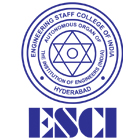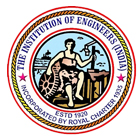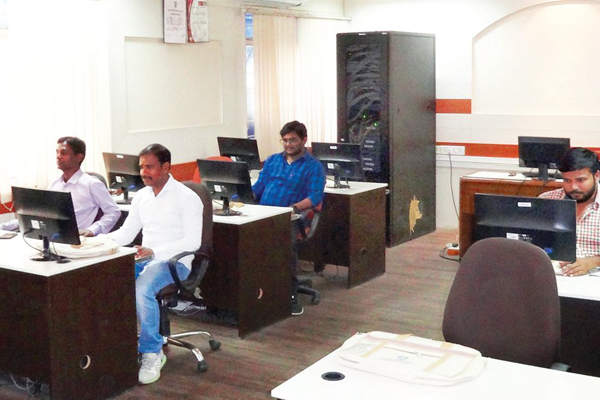EM Division imparts chalk-talk and practical oriented training programmes with real-time case studies in the domain areas of Water Supply and Sanitation, Septage Management, Environment Monitoring, Waste Management, Sewerage System and Environment Data Management etc... Continuing Professional Development Programmes are conducted every year for the officials of Ministries, Regulatory Boards, Government Departments, Public Sectors, Industries, Academics and other Stakeholders. Need-based Specific Training Programmes for organizations like CPCB, NMDC, ONGC, MoUD, MoHUPA, MoEFCC and ULBs etc. are also conducted.
Area of Expertise

- Environment Monitoring: Air Pollution Monitoring & Modelling, Water Pollution Monitoring & Modelling, GIS, GPS & RS Applications, Environmental Data Management & Environmental Sustainability.
- Waste Management: Solid and Liquid Waste, Bio-Medical, Plastic, e-Waste, Construction & Demolition and Hazardous Waste.
- Water Supply & Sanitation: Water Supply System, Water Audit & Leakage Control, Instrumentation, SCADA, RS & GIS applications, Underground Sewerage System, Sewage Treatment Plants, Strom Water Drainage, Recycle and Reuse of Waste Water, Membrane Based Waste Water Treatment Technology, CETPs, Fecal Sludge Management, Detailed Project Report, Contract & Tendering and Service Level Benchmark etc.
- Environmental & Social Issues: Environmental Impact Assessment, Environmental Management Plan, Environmental Legislation, Environmental and Social Impact Assessment, Rehabilitation & Resettlement and Environmental and Social Framework etc.
- Government Missions: AMRUT, SMART CITY, SWACHH BHARAT, HRIDAY, PMAY-HFA, NULM, Social Livelihood, SM&ID, EST&P, SUP and SUH etc...







